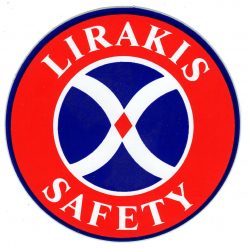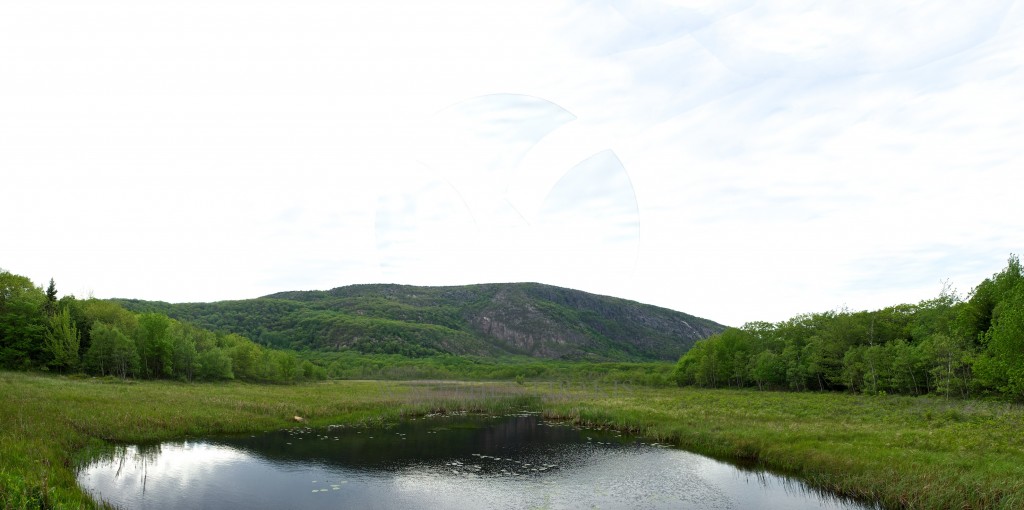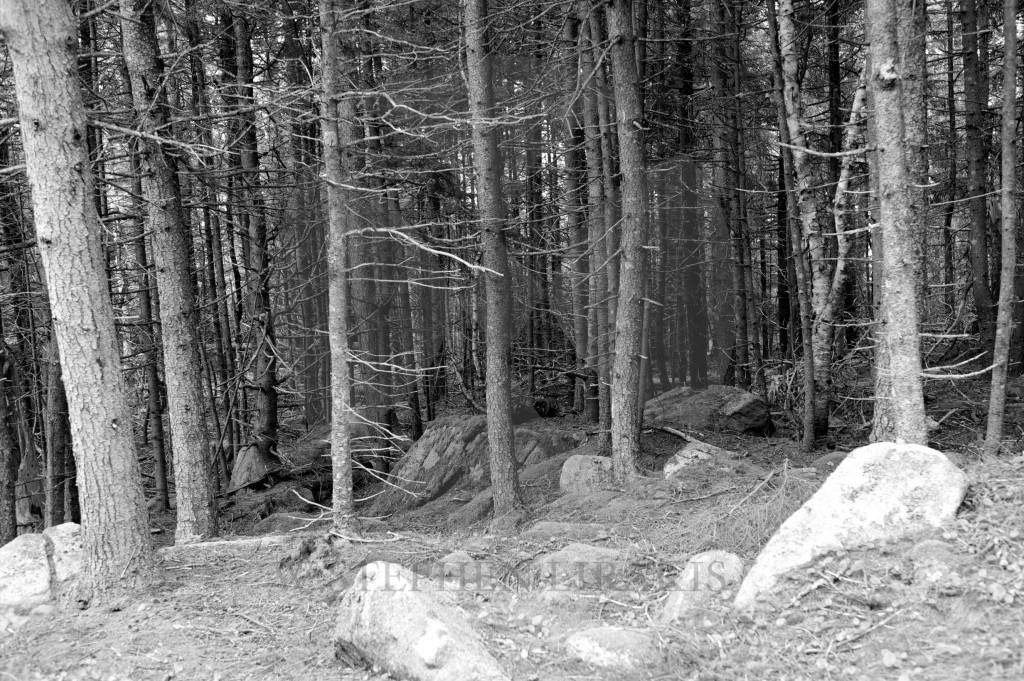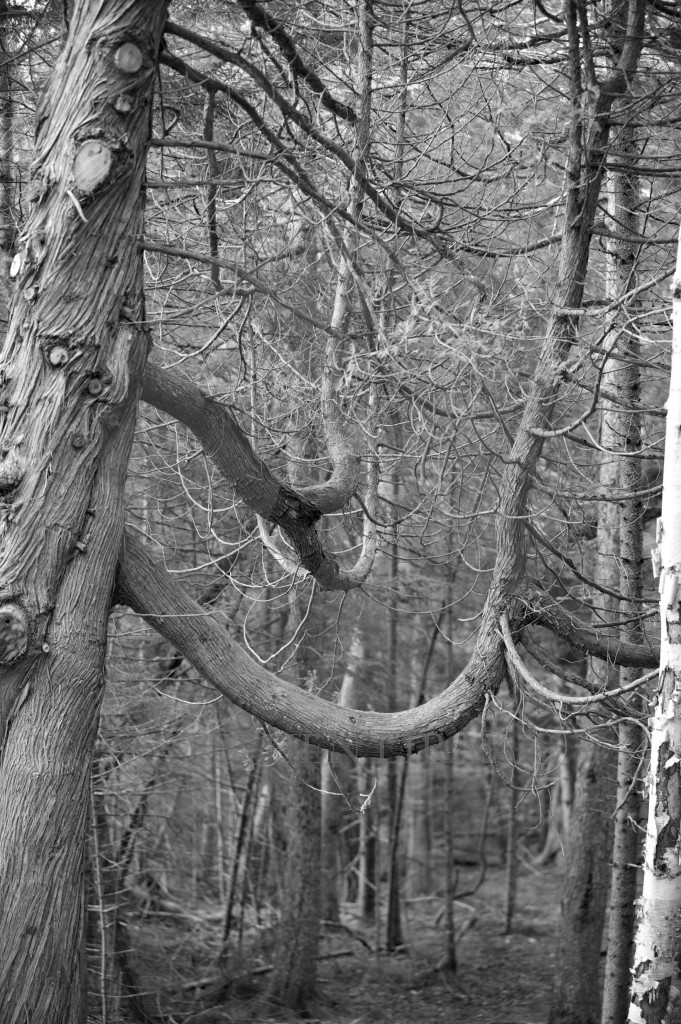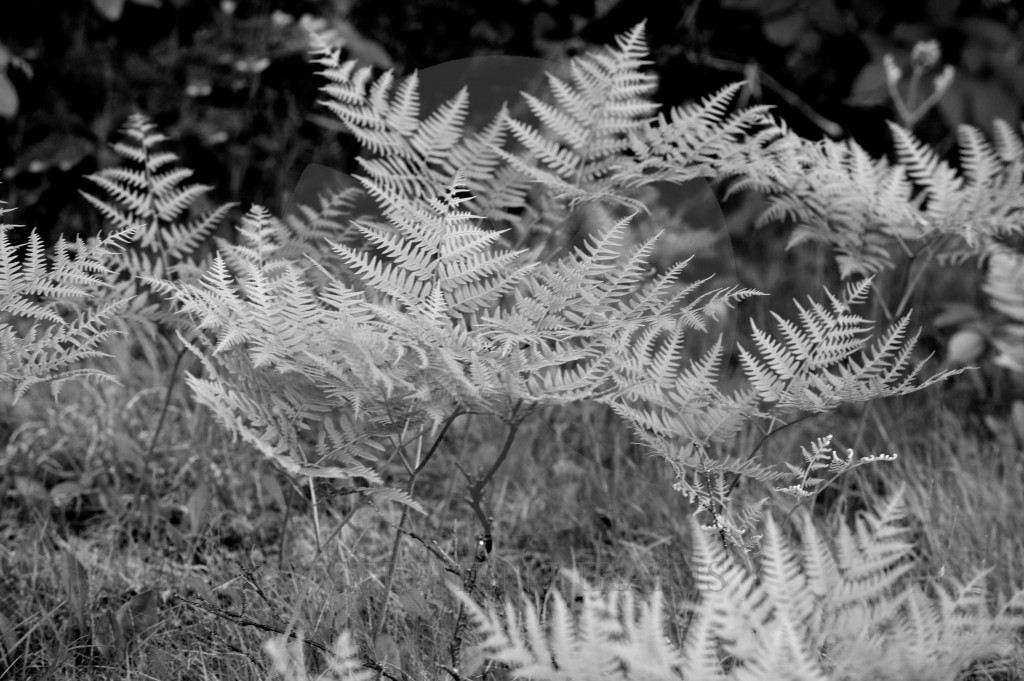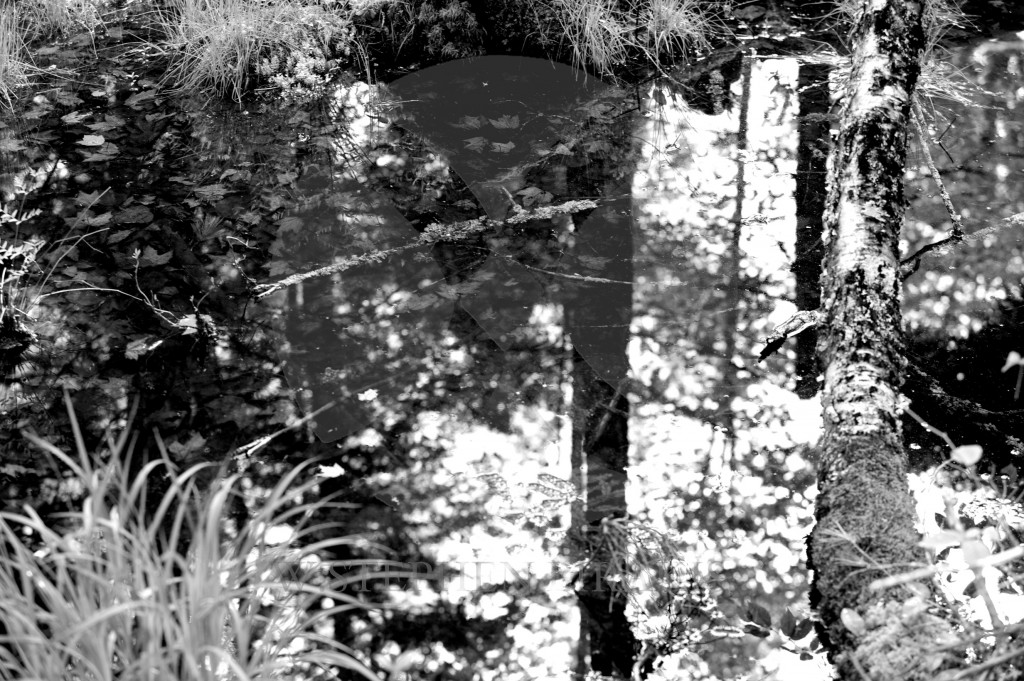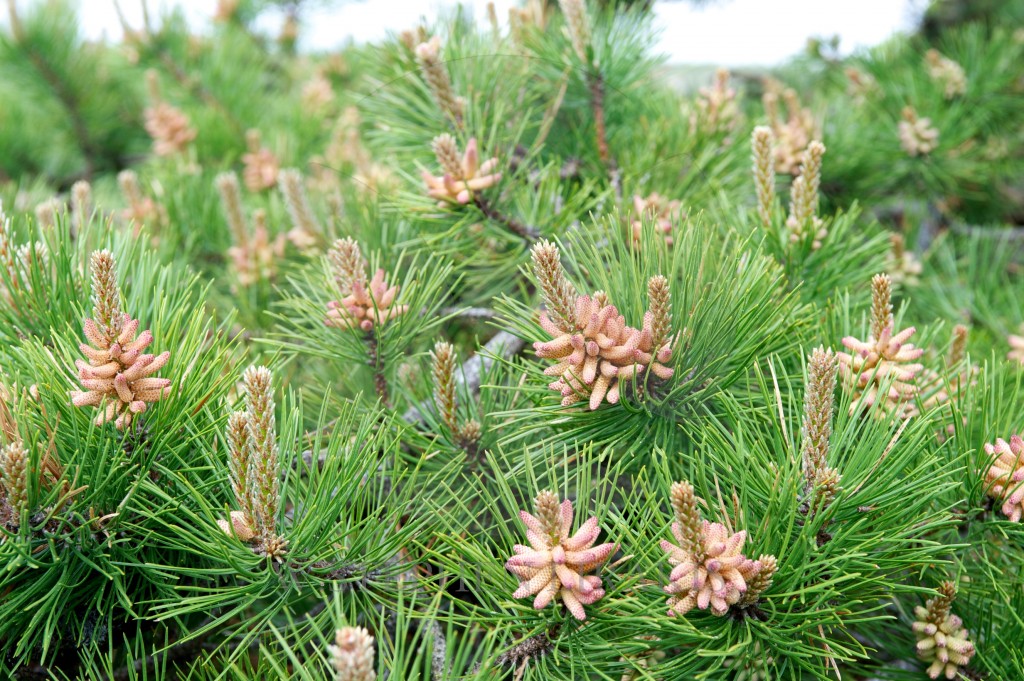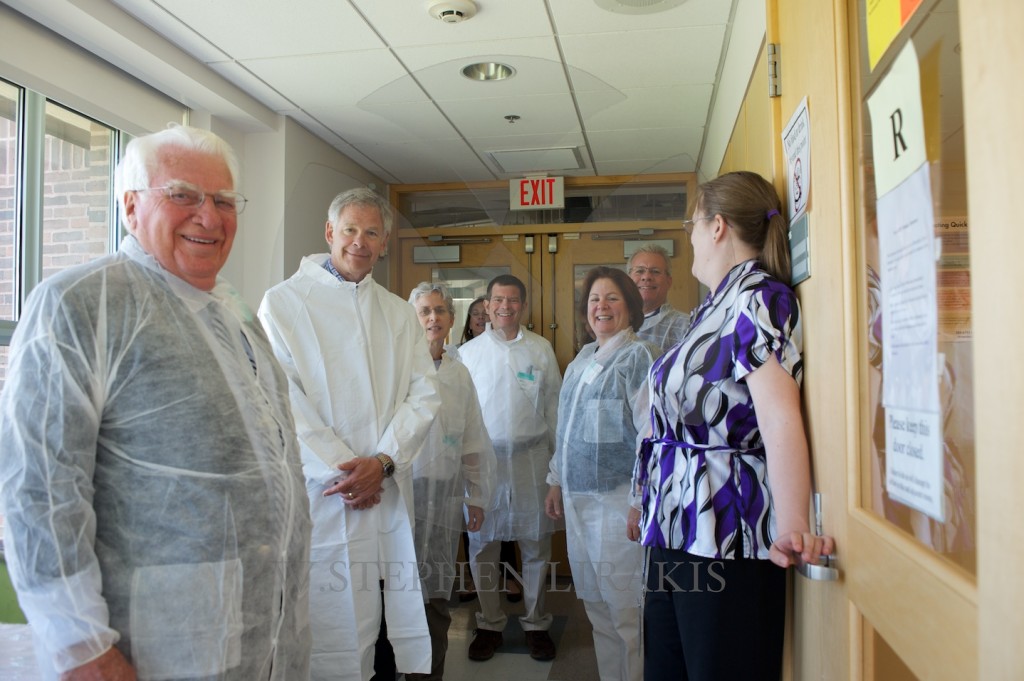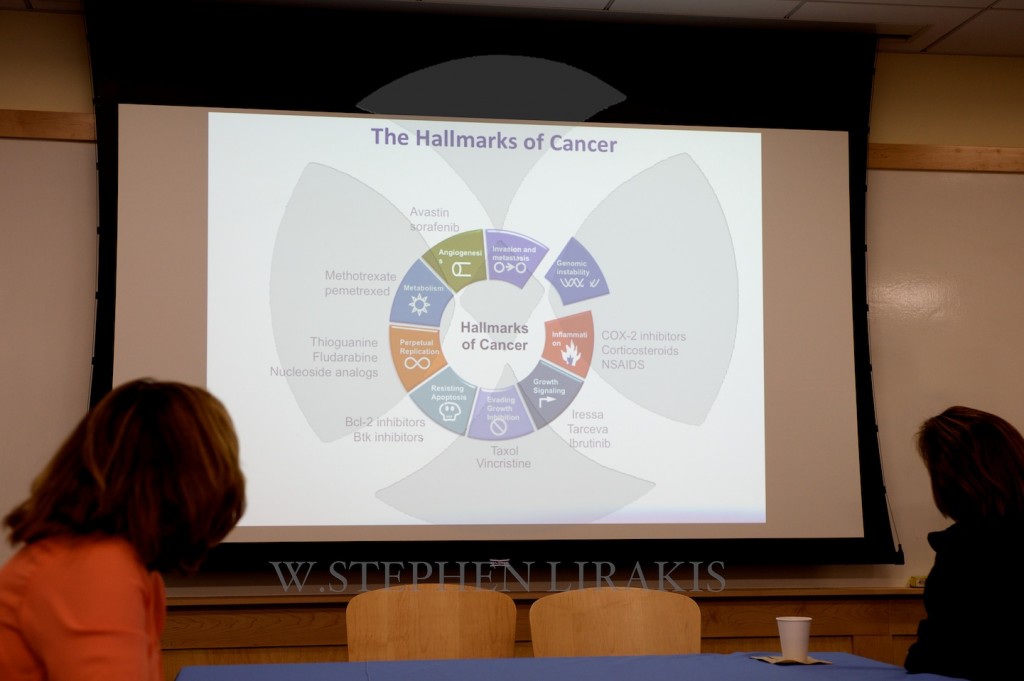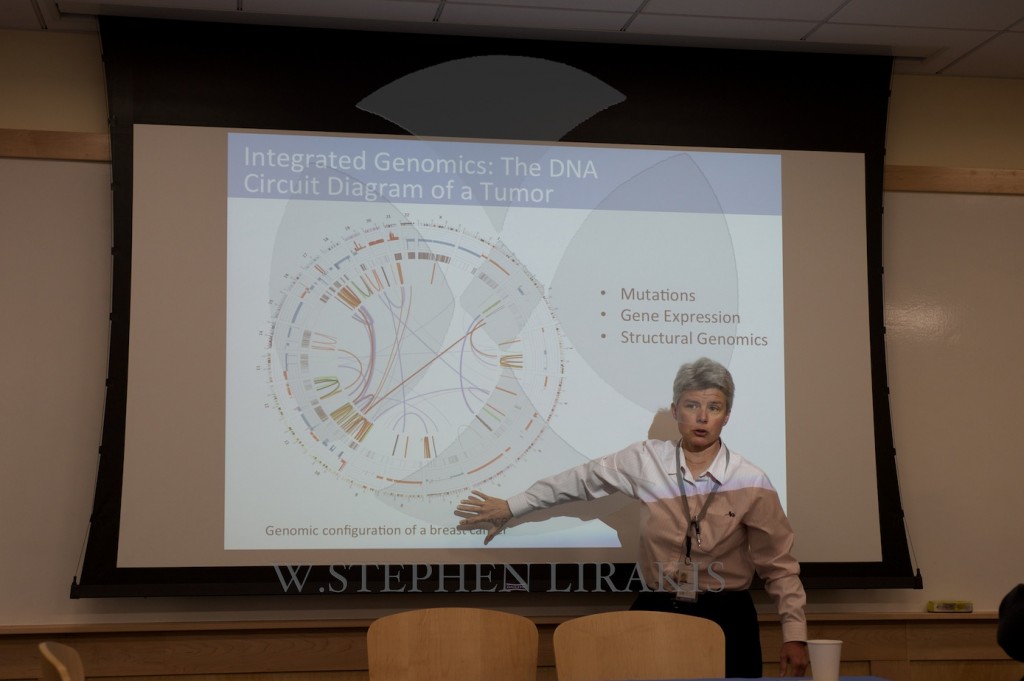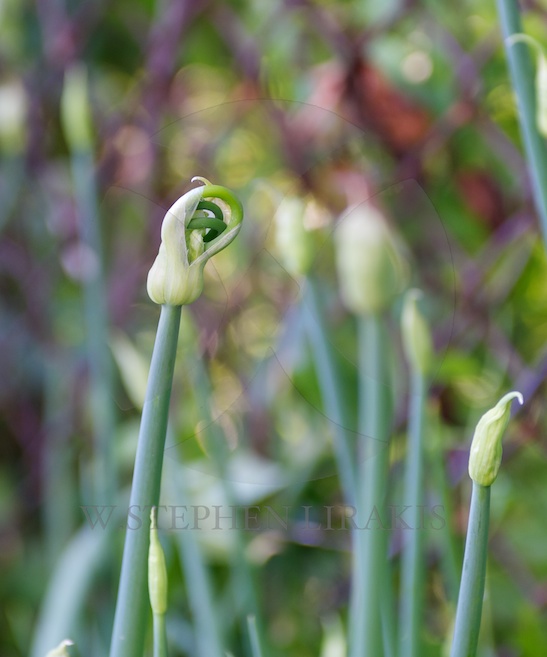Sometime tomorrow, Greenwich resident Michael Millard, 55, will sail his 30-foot yacht, “Wildeyes,” out of Newport Harbor in Rhode Island and begin a 635-mile journey during which he will challenge weather, wind and waves — alone — as part of the Bermuda One-Two Yacht Race. The trip aboard his Quest 30 (his eighth Bermuda One-Two) should take him three to six days, Millard says, depending on the wind and current.
“You’re crossing the Gulf Stream, and that is always a challenge,” says Millard, who will be matching his sailing skills in the race against some 28 other sailors.
Millard, who is taking time off from his job in mortgage finance to sail in the race, has been hooked on sailing for most of his life. His passion for blue water (or ocean) sailing, began, he says, when he was just a young boy setting sail with his family out of Indian Harbor Yacht Club. “Indian Harbor is known for its blue water sailors,” says Millard, who has been a serious sailor since the age of 16. “They’ve been a tremendous influence.”
Greenwich Citizen caught up with Millard before the race to learn more about the challenges of the Bermuda One-Two and what it’s like to sail solo in open water.
Q: Tell us about the Bermuda One-Two and why you keep sailing it.
A: It’s the premier single handed ocean race on the East Coast of America. Unlike the Bermuda Race, where each boat has a full complement of crew of six or more depending on the size of the boat, with the Bermuda Race 1-2, you sail solo on the outgoing trip and two-handed on the return. I’ll sail back with a long-time friend, Bjorn Johnson, from Rhode Island. He’s a past winner of the event. The Bermuda Race 1-2 is my favorite yachting event because it represents, in my opinion, the true spirit of yachting. It’s all about seamanship, the camaraderie of the competition and meeting the challenge. In other races that go on around the world, the race is about who wins. The competitors look for every advantage they can get.
This event is really about the camaraderie, the shared challenge we all face. Nobody remembers who wins these events. We don’t really care. There are electricians, people with homemade boats, investment bankers with custom-made boats. There’s Tom Donnelly from Stamford, who at 71 did his last race in 2003. He was the last to finish in the race — the winner was an 18-year-old. That’s why I continue to do it. There are some who look at short-handed sailing (one or two crewmen) as a lunatic fringe, but there’s not a crazy one among us!
There are two others from Greenwich sailing in the race. One is Eric Lecoq from Riverside. He’s a Frenchman — the French are known as the best short-handed sailors in the world. Eric is a little younger than I am. It’s his second time. He’s doing the race in a Class 40, a 40-foot specialized short-handed race boat. Joe Harris, who grew up in Greenwich and now lives in Boston, is also doing it in a Class 40. They’re usually skippering in essentially professional race programs but have been welcomed into what is a decidedly amateur race. I expect they will be super fast.
Q: How do you prepare for the race?
A: Since “Wildeyes” is a new boat, I’ve been sailing her since April 1 and doing as much sailing as possible. I had to qualify for this race by doing a 100-mile open ocean sail. I raced 60 miles out from Newport and back.
Preparation is key. There is no real hope of rescue if there’s a problem. There’s nothing between Newport and Bermuda. Generally, you don’t see any other sailors after the first six hours. But occasionally you sail the whole way with someone. This year, as I am sailing a smaller boat, I’ll be seeing other small boat sailors.
But it’s very competitive. Each of us has to be 100-percent self-reliant, and able to perform all the tasks on the boat, from navigation, to sailing the boat, to dealing with any boat repairs, and you have to think through everything that can happen: boat failures, bad weather, and navigating the Gulf Stream, which is key. You need to be in good physical condition. So, I’ve been training physically since November. I am a swimmer. You need a minimum of four hours sleep. I tend to take it in 1-hour increments. I sleep with one eye open. You get used to it — feeling the rhythm and feeling when it changes.
For the return leg of the race, the key is to find a good complement as a crew member. And Bjorn, who is crewing with me, is a trained engineer. He has prepared the boat for the event. I may be sailing solo, but I don’t do this alone — there are so many involved in my boat preparation.
I always approach this race with the attitude that the most important thing is finishing and the camaraderie of the group. The best I’ve placed is second. I’ve also placed last. But every year, I go in with high hopes.
Q: How does your family feel about your solo sailing across the ocean?
A: It’s tough on anyone in the family. I have to practice and train on the weekends. But I need my family’s support. My son and daughter are in college. My girlfriend is spectacular with her support. My girlfriend and daughter are joining me in Bermuda for a few days of R&R before we sail back. But people can follow this race online with the tracking system. You can visitwww.Bermuda1-2.org.
Q: Are you able to communicate with your family and with the other sailors?
A: Unlike most fully-crewed races where you are not allowed to communicate, the Bermuda One-Two competitors are encouraged for safety reasons to communicate over the radio, to share weather conditions. In 1997 there were no satellite phones — just radio communication, effective up to 10-15 miles. With the new satellite phones they work worldwide, but the urge is to communicate less. Each boat sends out a signal and is being tracked by trackers. That’s why you can see us online.
Q: What are some close shaves you’ve had in those earlier seven races?
A: The first year I wondered, `How will I manage to sleep?’ But sleep was a non-issue. My biggest problem was a boat issue. The hull was coming apart so I couldn’t sleep! When I arrived in Bermuda the other competitors helped me repair the boat. When we arrive in Bermuda we are busy preparing the boat for the return trip.
On my second race, the self-steering mechanism failed. With this in place, the boat is set to sail itself. It’s the most critical piece of equipment on the boat. I had a backup — a wind-driven system that saved me. But the most severe time was in 2009 on the return trip and I’m sailing with my son, Ben. He was celebrating his 18th birthday on that trip. We encountered horrible weather.
It was the most challenging of my career. That trip required all the perseverance and physical strength we could muster. We were 36 hours in the storm approximately midway. There were 35-knot winds and 10- to 15-foot seas. We hit something under us. We didn’t know what it was but it damaged the boat. This was followed with no wind for 48 hours. The main lesson my son got out of this is if you can survive this, there’s nothing you can’t do!
After that race, I decided to retire from this kind of sailing, to move off and do other things. But my son Ben is 22 now, and very competitive. He’s done three Bermuda Races. He’s done transatlantic racing. He inspired me to come out of retirement.
